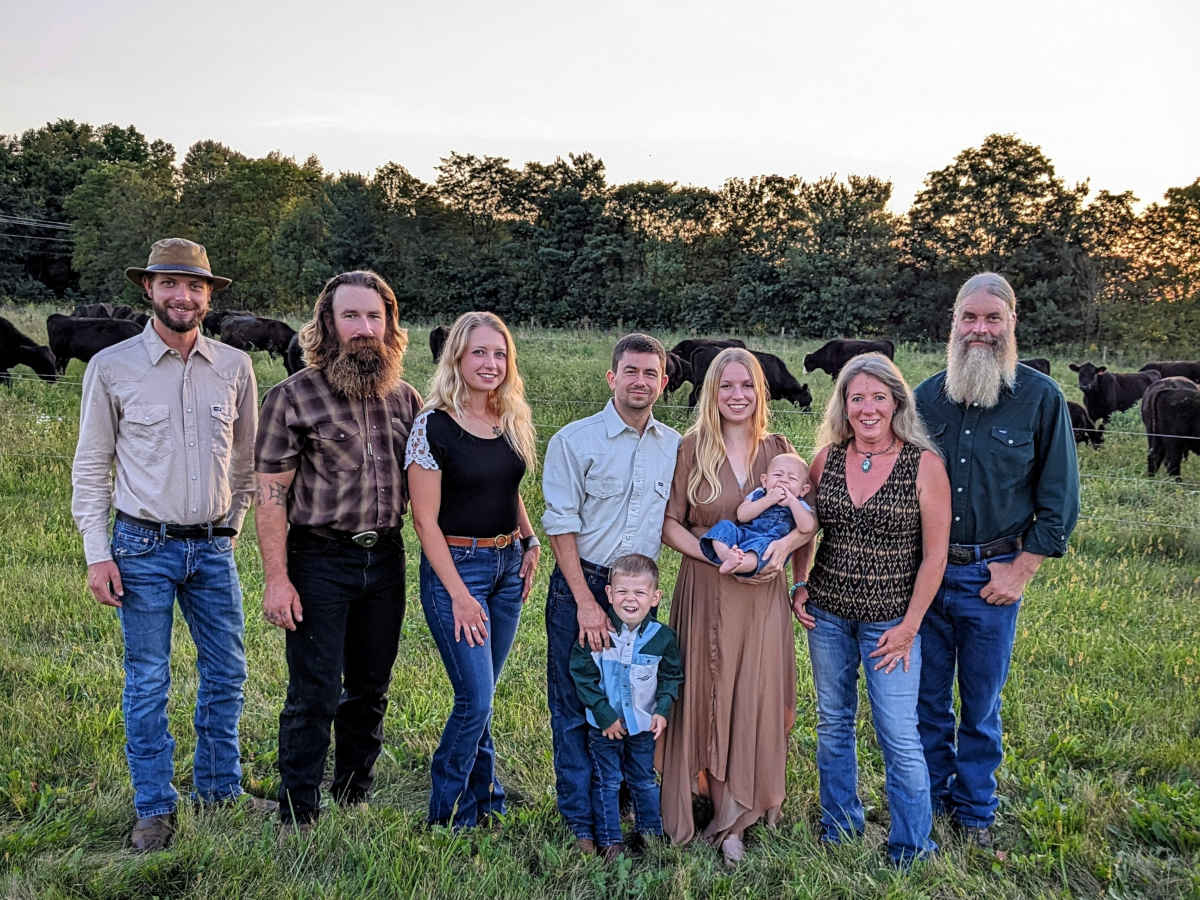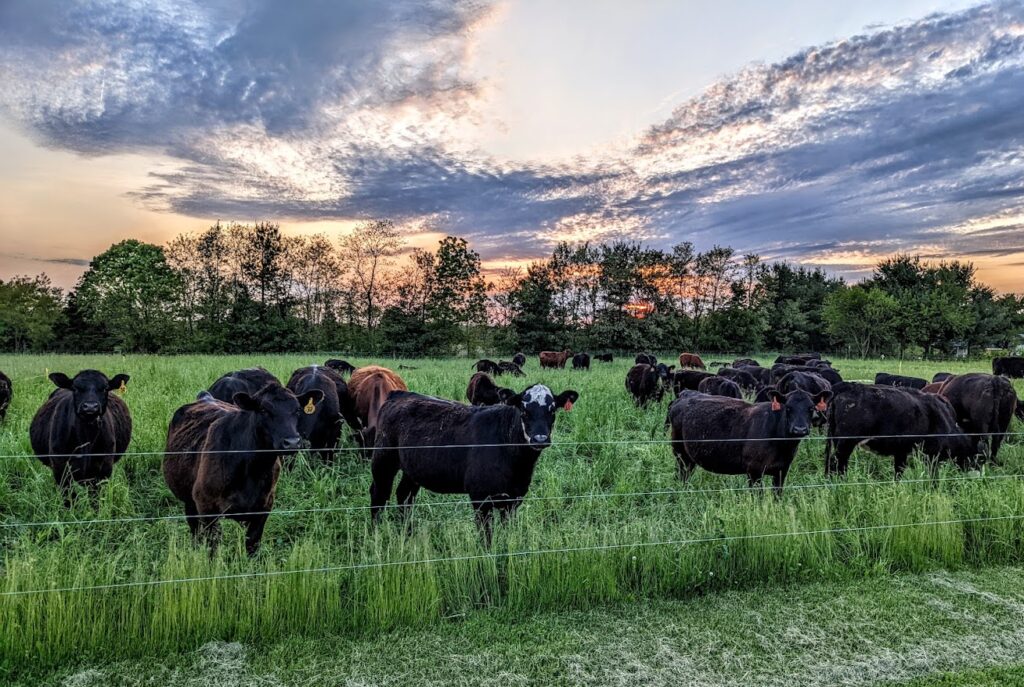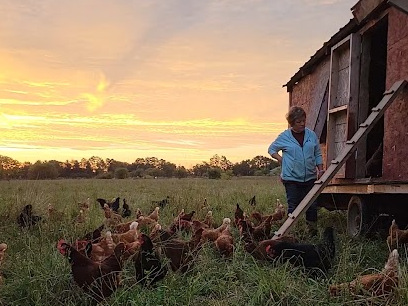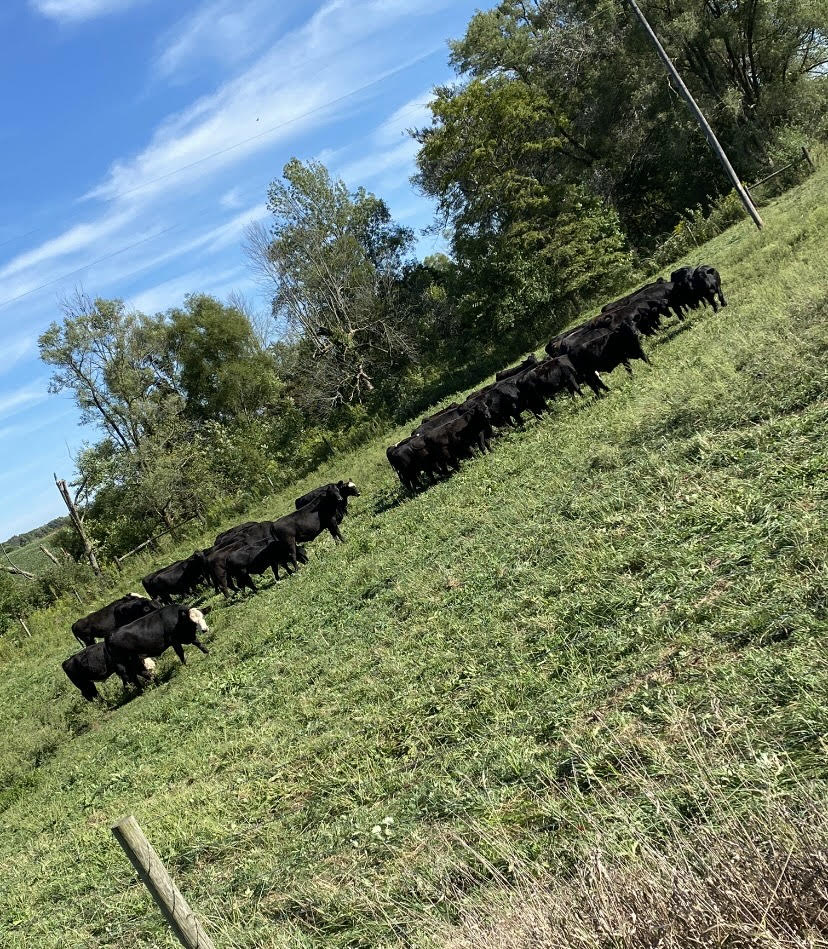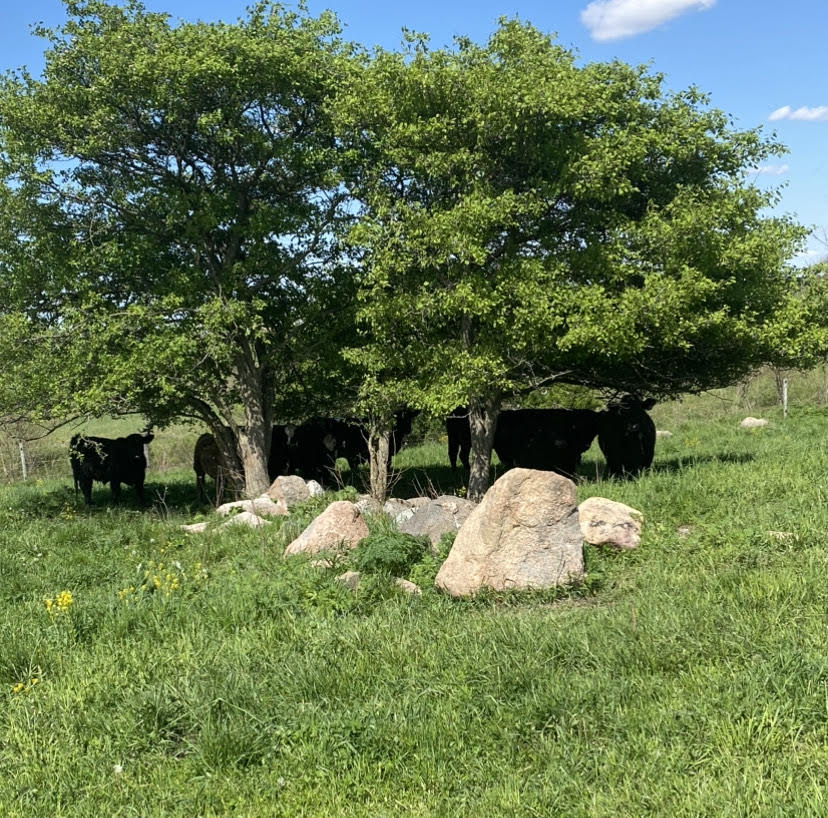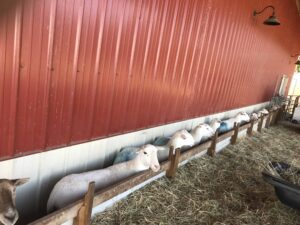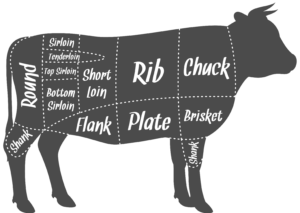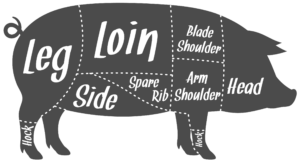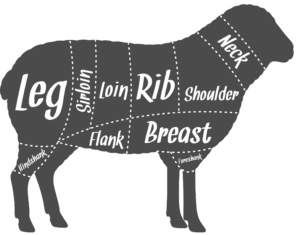When you purchase a pound of ground beef from the grocery store, what costs are included in the price? The cost of feed is certainly included, as well as the labor involved in tending to and butchering the animal, the cost of maintaining the land and equipment used, the cost of shipping the product, and many more. Does the price effectively cover all costs incurred to society? Does it include the cost of deforestation to create pasture for livestock, the cost of manure flowing into the Gulf of Mexico causing algae blooms yielding unknown havoc on marine ecosystems, or the cost of the water diverted from residential areas in California to agricultural uses?
The concept of a cost external to the firm’s own decisions is known in economics as an externality. Externalities are present across nearly all industries but are especially prevalent in agriculture, possibly because agriculture has an especially intimate relationship with the land. Any meat product’s price includes all the costs internal to the supply chain, however it does not include the social costs of animal agriculture’s activities.
Because it does not include costs incurred to society, meat products are underpriced and thus over consumed. More radical opinions, such as those espoused in the documentary film Cowspiracy, suggest that rather than over consuming meat as most American’s currently do, we should consume no meat or animal products at all. They cite animal agriculture’s monumental contribution to green house gas production (about half of all greenhouse gas emissions are produced by livestock or by the equipment used in the livestock supply chain), incredibly inefficient conversion of fresh water into calories (an estimated 56% of water consumed in the U.S. is used to grow feed crops for livestock), and much more as justifications for eliminating animal products in order to achieve a food system that is sustainable for generations to come.
Such a radical solution would require a massive change in cultural mindset that may not be possible to achieve. It would also rob us of the steaks we enjoy so much! Instead we should acknowledge that we’ve failed to account for animal agriculture’s broader costs to society. Agricultural businesses would be most socially responsible by incorporating these costs into the price of their product. The prices of animal products would rise, causing them to be consumed in smaller quantities, and thus reducing the size of animal agriculture to a scale sustainable for the world at large.
